Children who are abused will suffer serious, long-term effects. Therefore, comprehensive measures, especially strict legal corridors, are needed to prevent, protect and protect children from abuse.
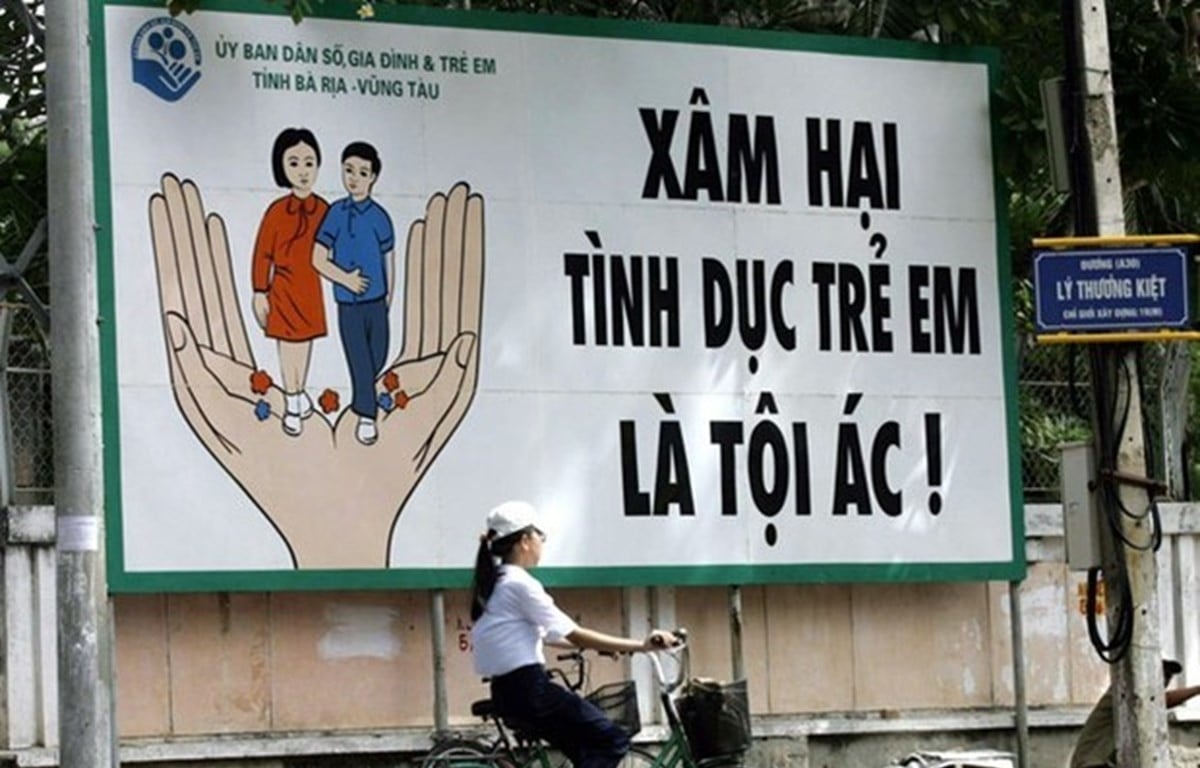 |
| Preventing and combating child sexual abuse is becoming a concern of the whole society. (Source: AFP/VNA) |
Voice of international law
Children's rights and the protection of children's rights from sexual abuse have always been of concern to the international community by building a solid legal framework to protect children. The International Convention on the Rights of the Child (CRC) has specific regulations and guidelines on respecting and implementing children's human rights, including the protection of children from sexual abuse and exploitation, specifically as follows:
First, the right to be protected from all forms of physical and mental violence (Article 9 CRC), and the right to be protected from sexual exploitation (Article 34 CRC). These are considered basic rights of children, including physical inviolability and the right to legal protection of health, honor, dignity, especially reproductive health. However, every year, an estimated 2 million children between the ages of 5 and 15 are involved in or forced into prostitution.
Second, the right to seek, receive and impart information (Article 13 CRC). Every child has the right to education on life skills, understanding of reproductive health, avoiding sexual abuse or sexual exploitation. However, in the world there is still a lack of interest or denial of children's right to access reproductive health education and ways to protect themselves from sexual abuse or exploitation, unwanted pregnancy, and prevention of sexually transmitted diseases.
Third, the right to access health care (Article 24 CRC). Children and adolescents in many places today who seek sexual and reproductive health services are often turned away from health facilities because they are unmarried or underage. Laws or health care agencies often require parental consent or, in the case of girls who marry early, the permission of their husbands to access such services.
Fourth, the right to access the highest attainable standard of health (Article 24 CRC). Lack of access to health care, education and information is responsible for an estimated 330 million new sexually transmitted infections each year, at least half of them among 15-24 year olds. Adolescent girls are twice as likely to die from pregnancy and childbirth as women in their 20s.
On the basis of the CRC, member countries have internalized and issued policies suitable to their national conditions.
The European Union is drafting a number of new regulations on the prevention and suppression of child sexual abuse, especially in cyberspace. These include many positive points and further concretize international conventions on children's human rights, in particular the Lanzarote Convention, both directly and indirectly.
In Norway, in 2010, when amending and supplementing the 1902 Penal Code on crimes related to child sexual abuse, the penalties were adjusted to be more severe than those for murder, violence and other common sexual abuse; some types of crimes related to "herding" children were added; further adjustments were made to the friendly legal procedures when children are victims of sexual abuse in criminal cases such as: taking "conditional" statements, time for taking statements, participants in the proceedings, etc.
In 2021, according to the Investigation Report on Child Sexual Assault Statistics, the number of cases involving sexual assault of children (under 18 years old) in China decreased by 46 cases compared to previous years as measures were taken to combat child sexual abuse.
Korea enacted the Child and Minor Protection from Sexual Abuse Act of 2010, which applies to cases or incidents involving the handling of offenders who sexually abuse children and minors, along with special procedures to ensure the best legitimate rights and interests of children.
Regulations of Vietnamese law
Vietnam always pays attention and strengthens many measures, especially strengthening the legal corridor to protect children from acts of child sexual abuse.
Article 37 of the 2013 Constitution stipulates: “Children are protected, cared for and educated by the State, family and society; they are allowed to participate in children's issues. Harassment, torture, maltreatment, neglect, abuse, exploitation of labor and other acts that violate children's rights are strictly prohibited” . This is an important legal basis for children's rights in litigation, administrative and civil activities related to child sexual abuse.
The 2015 Vietnamese Penal Code, amended and supplemented in 2017, shows special attention to children's rights when it prescribes the highest penalty of death for crimes against children, specifically: Rape of a person under 16 years old (Article 142), Rape of a person from 13 to under 16 years old (Article 144), Sexual intercourse or other sexual acts with a person from 13 to under 16 years old (Article 145), Obscenity of a person under 16 years old (Article 146) and Using a person under 16 years old for pornographic purposes (Article 147). The 2015 Criminal Procedure Code also stipulates special procedures when children are victims to avoid negative psychological effects as well as the child's identity to ensure that it does not have too much impact on their future psychological development.
The 2016 Law on Child Protection directly addresses the protection of children's rights to avoid sexual abuse: "Children have the right to be protected in all forms from being sexually abused " (Article 25); "Child sexual abuse is the use of force, threat of force, coercion, enticement, or enticement of children to participate in sexual acts, including rape, sexual assault, sexual intercourse, child molestation, and the use of children for prostitution and pornography in any form" (Article 4). Along with that, the Government , ministries, and branches have strengthened and perfected regulations in the legal system on handling acts of child sexual abuse or exploitation.
In addition, many legal documents have been issued to protect children from abuse: Resolution No. 121/2020/QH14 dated June 19, 2020 of the National Assembly on continuing to strengthen the effectiveness and efficiency of implementing legal policies on preventing child abuse; Decree No. 56/2017/ND-CP dated May 9, 2017 of the Government specifically explains which acts of sexual abuse of children such as: children being raped, children being sexually assaulted, children being molested; Directive No. 18/CT-TTg dated May 16, 2017 of the Prime Minister on strengthening solutions to prevent and combat violence and child abuse; Decision No. 856/QD-TTg dated June 15, 2017 of the Prime Minister on the establishment of the National Committee on Children...
| Article 37 of the 2013 Constitution stipulates: “Children are protected, cared for and educated by the State, family and society; they are allowed to participate in children's issues. Harassment, torture, maltreatment, neglect, abuse, exploitation of labor and other acts that violate children's rights are strictly prohibited.” |
Some recommendations
Vietnamese law has relatively comprehensive provisions on cases of child sexual abuse. However, the following basic points need to be improved to ensure the most practical interests of children:
Firstly , it is necessary to expand the scope of child protection to comply with international law. According to the CRC, a child is a person under 18 years old, but the 2016 Law on Children stipulates that a child is a person under 16 years old. Vietnamese law does not stipulate cases where victims of sexual abuse are from 16 to under 18 years old, but only consider them as adults. These cases need to be considered as children or as a qualifying or aggravating circumstance to better protect this group of subjects.
Second, it is necessary to specify children's rights to access the best health care, especially psychological treatment when they are victims of sexual abuse. In particular, it is necessary to clearly recognize that this is the right of children, not the right of parents, so that children have the best health care environment. Children have the right to access information, the best health care, and education to protect themselves from sexual abuse. However, many children are not aware of this, feel ashamed to express themselves, or are controlled and seduced by subjects, causing the hidden crime rate to remain high. On the other hand, there is still a "caution" of parents in taking their children to see a psychologist for fear of affecting their children's future, creating barriers in detecting abnormal psychological manifestations, even "mental illness" in children when they grow up.
Third , it is necessary to refer to the experience of some countries in implementing legal procedures when children are victims in sexual abuse cases such as: perfecting the Family and Juvenile Court system with its own specific procedural procedures; having a special way of taking statements, not letting children have negative psychology or pressure, investigators need to have knowledge of children's psychology when conducting identification, appraisal...; adjusting the law in the direction of remote prevention such as describing the behavior of "sexual grooming" as prescribed by some countries such as Norway, European countries, Korea.
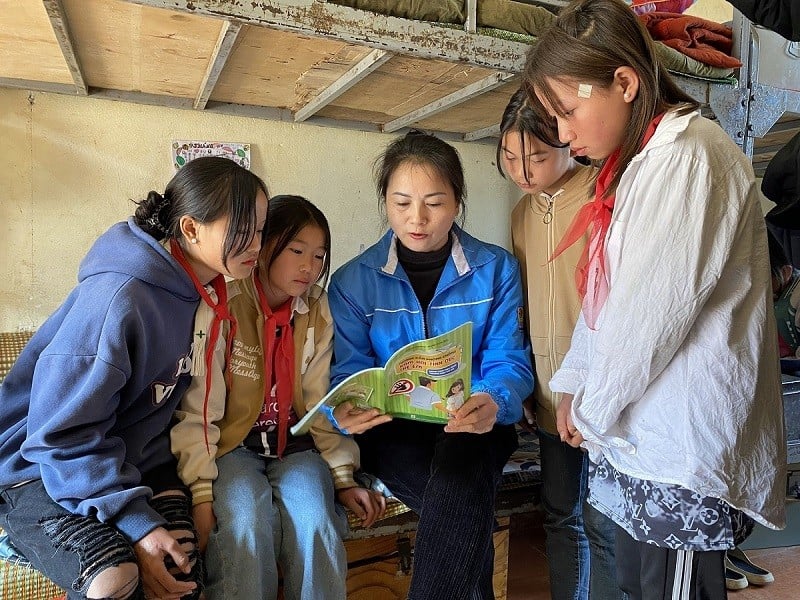 |
| Teachers of Long Sap Primary and Secondary Boarding School for Ethnic Minorities in Moc Chau District, Son La Province, exchange knowledge about gender with boarding students. (Source: VNA) |
Fourth, synchronously carry out other measures such as: disseminating, propagating and educating the law on child sexual abuse; providing social support to families with child victims; conducting surveys and collecting information to find individual prevention directions; enhancing coordination between families and schools; making children's education programs a subject or skill to raise children's awareness; stepping up propaganda, dissemination and education of the law, raising social awareness of the methods and tricks of this crime.
The State needs to improve policies and laws and strengthen the work of propaganda, dissemination and legal education among the people on criminal law, marriage and family, laws on child care, education, protection and prevention of child sexual abuse. Protecting children from acts of sexual abuse requires the joint efforts and coordination of the entire political system and society. In particular, it is necessary to widely propagate the methods and tricks of criminal activities of subjects committing crimes of sexual abuse of children so that families and children themselves can raise awareness, resistance and know how to prevent and respond to acts of abuse.
Source







![[Photo] Prime Minister Pham Minh Chinh chairs the meeting of the Government Party Committee Standing Committee](https://vstatic.vietnam.vn/vietnam/resource/IMAGE/2025/8/23/8e94aa3d26424d1ab1528c3e4bbacc45)
![[Photo] General Secretary To Lam attends the 80th Anniversary of the Cultural Sector's Traditional Day](https://vstatic.vietnam.vn/vietnam/resource/IMAGE/2025/8/23/7a88e6b58502490aa153adf8f0eec2b2)
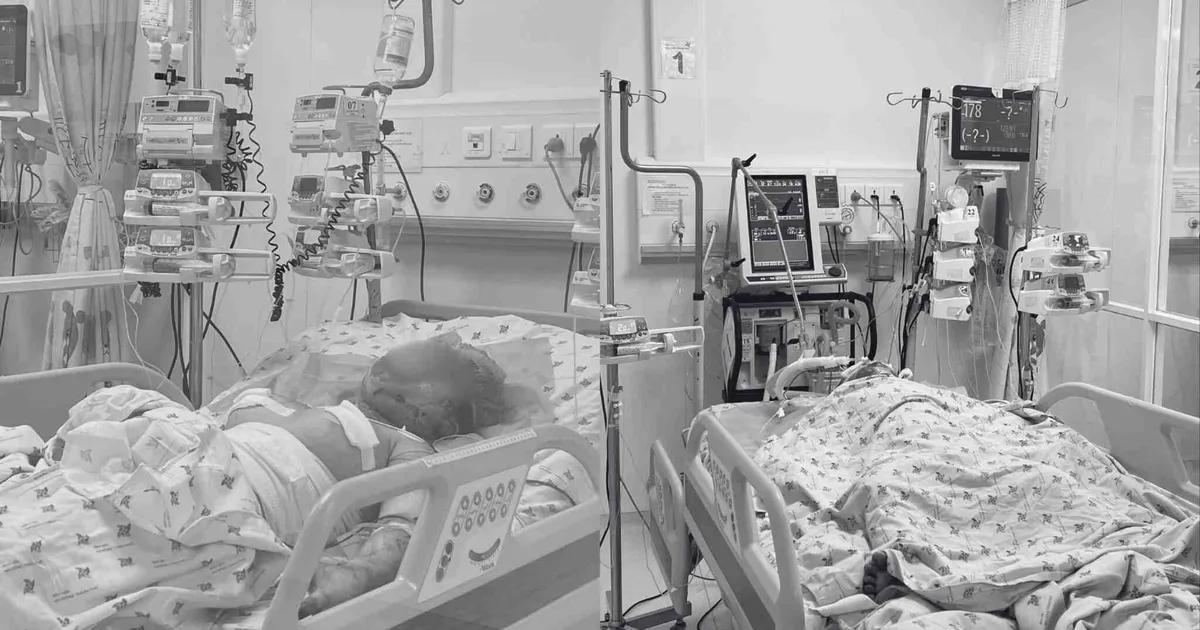



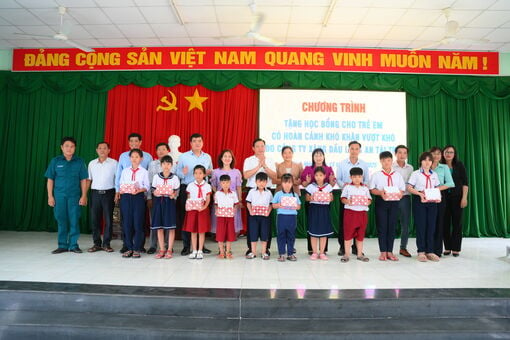

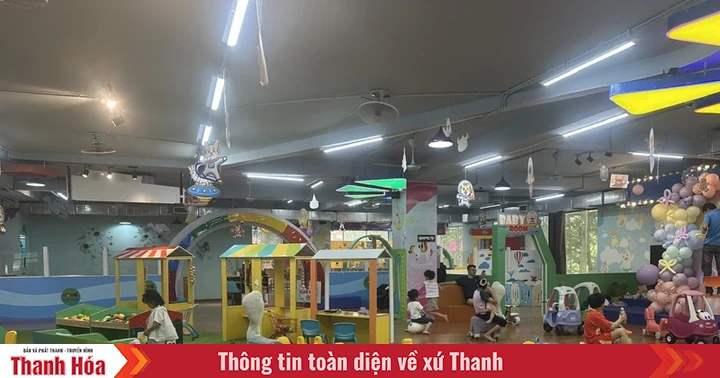


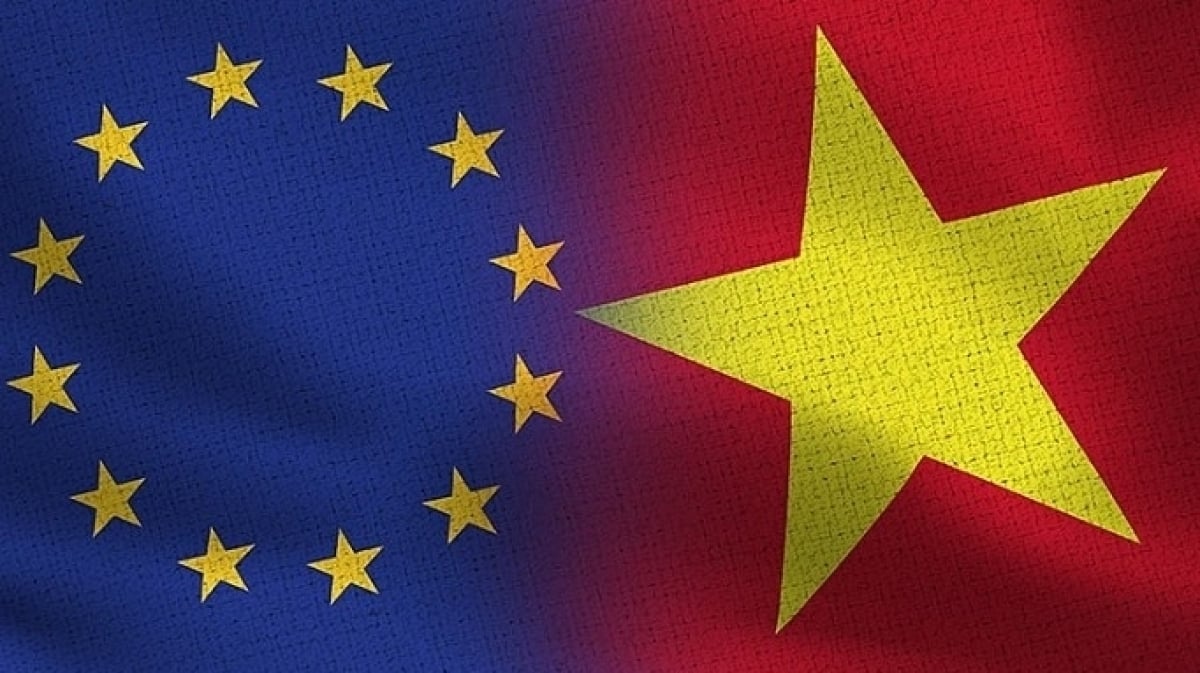
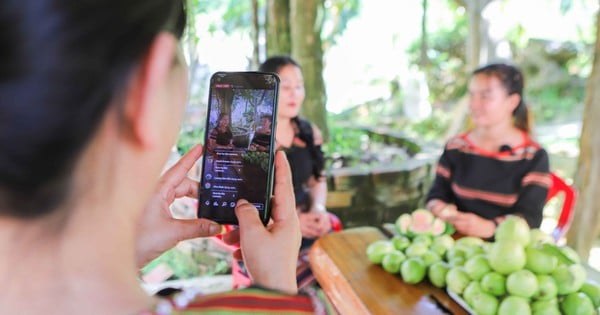

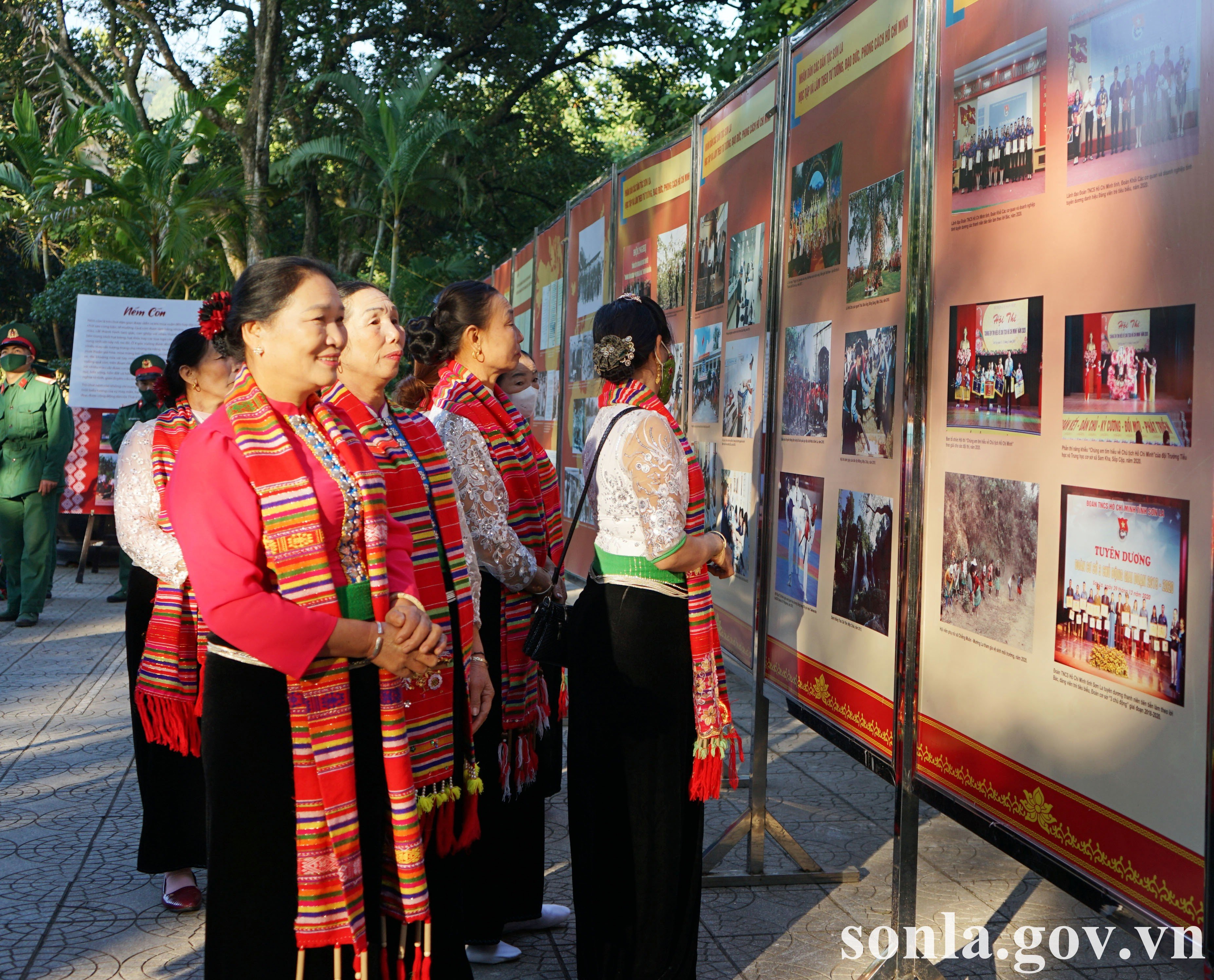

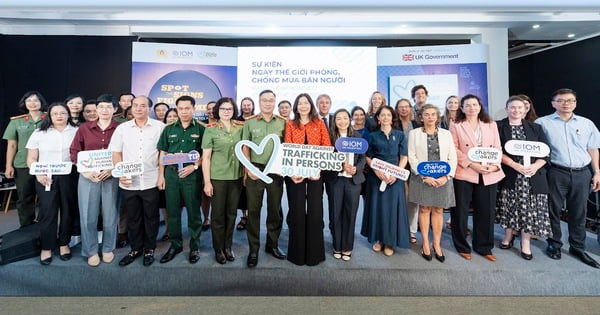

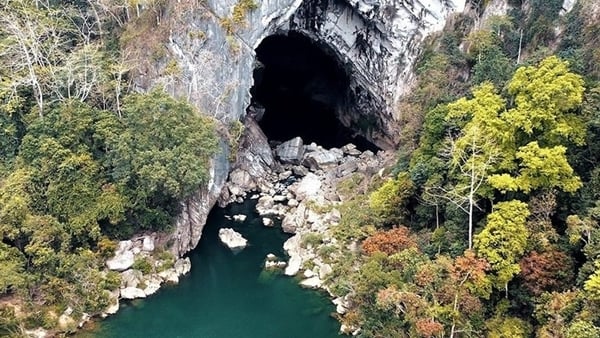

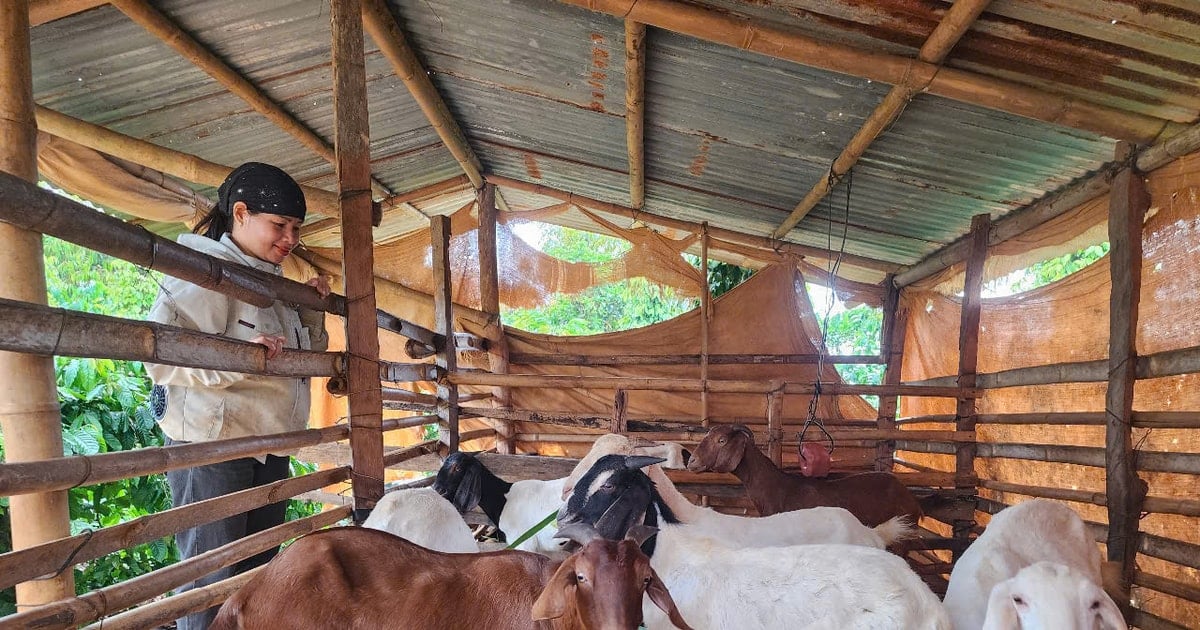

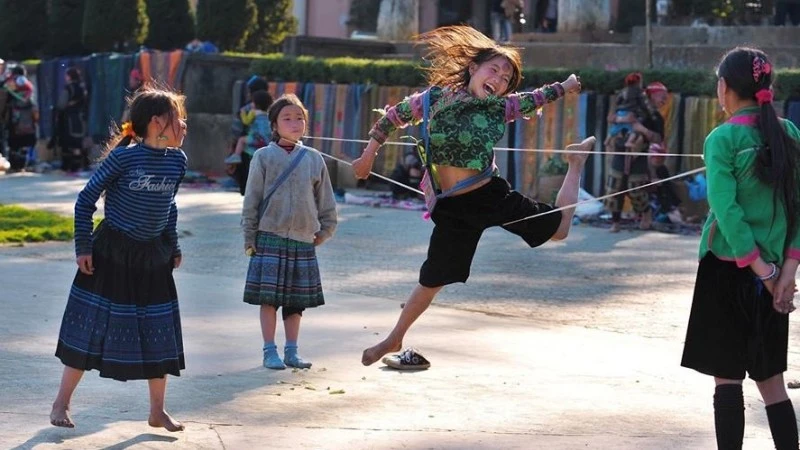





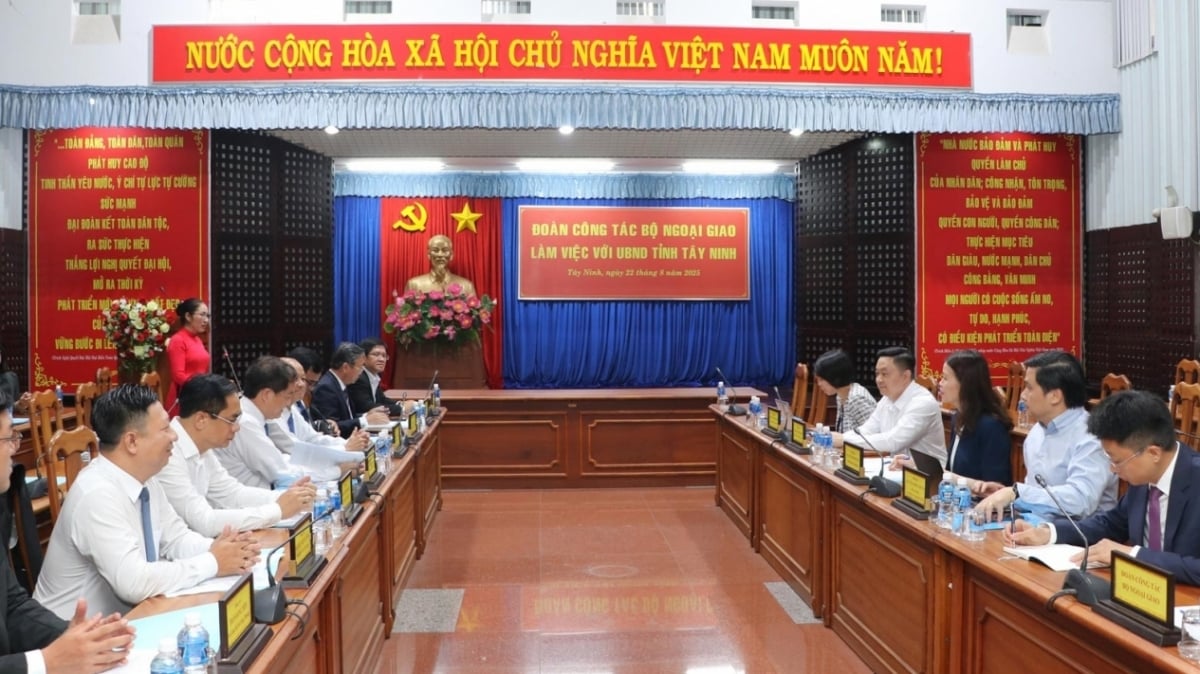


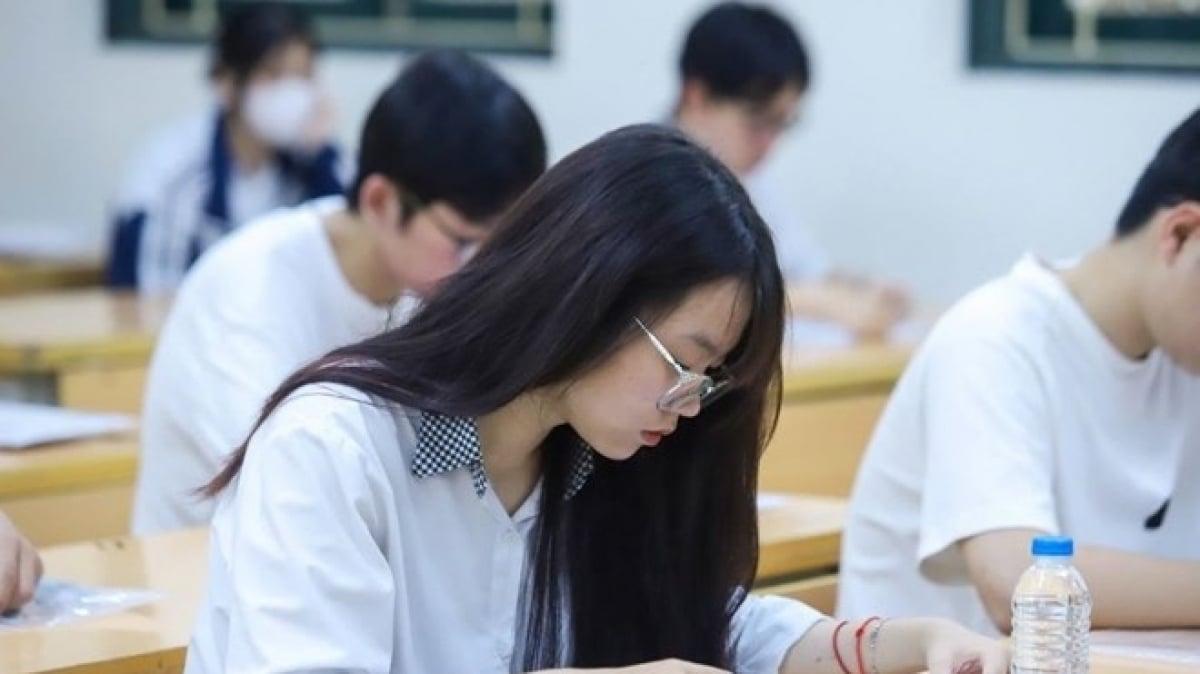
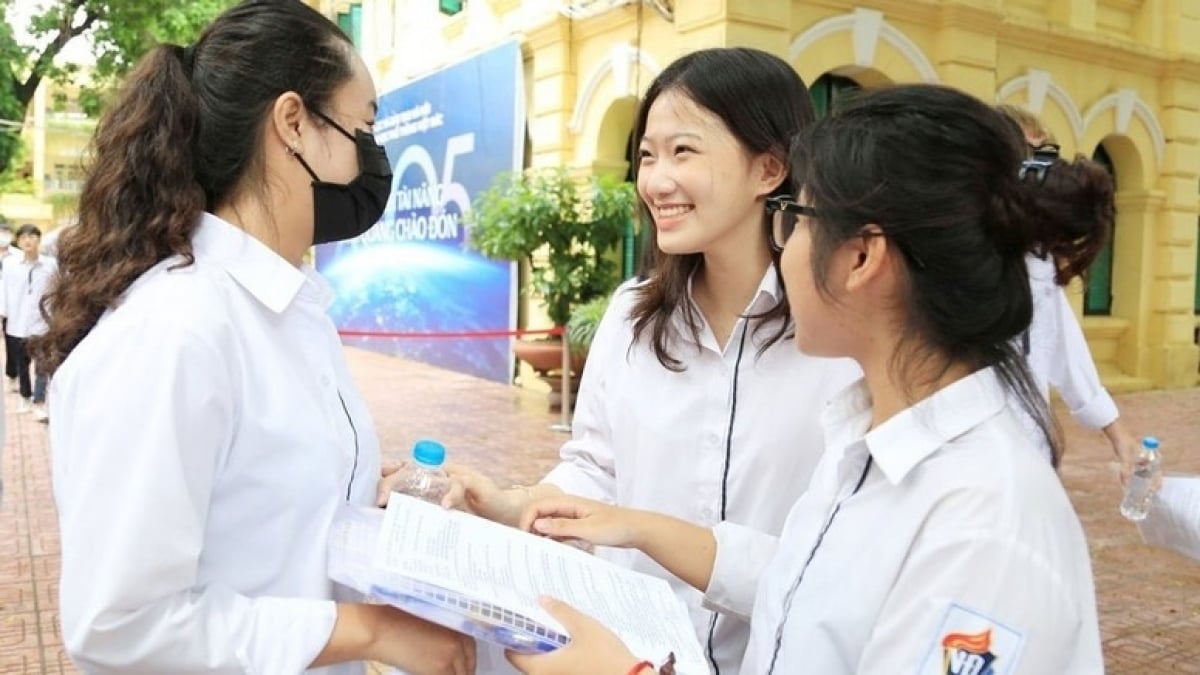











































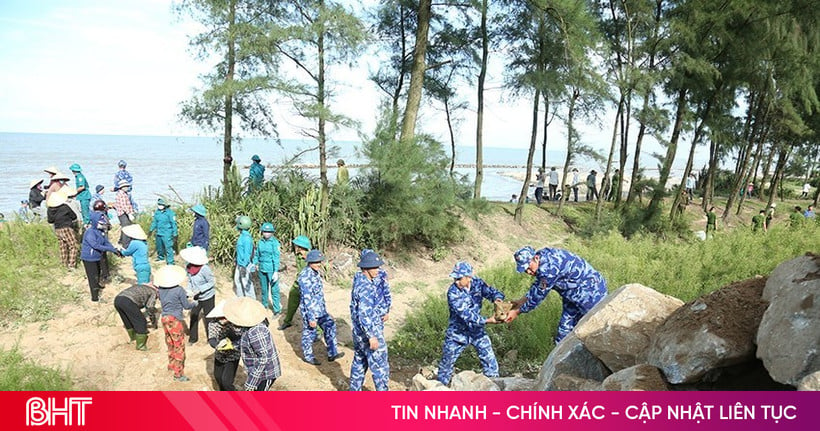

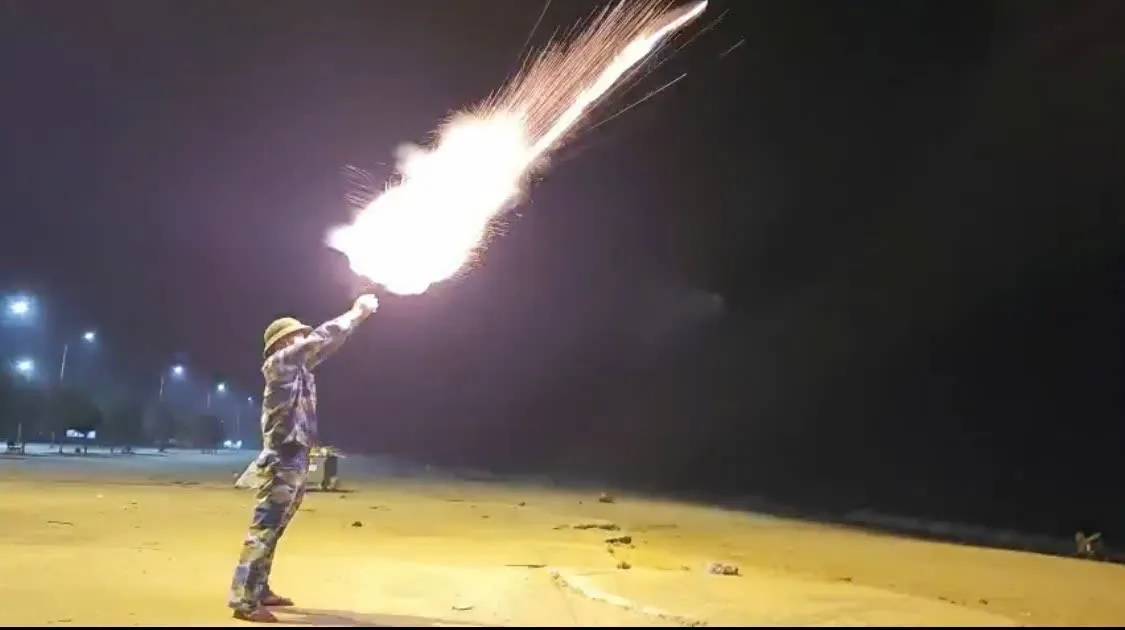


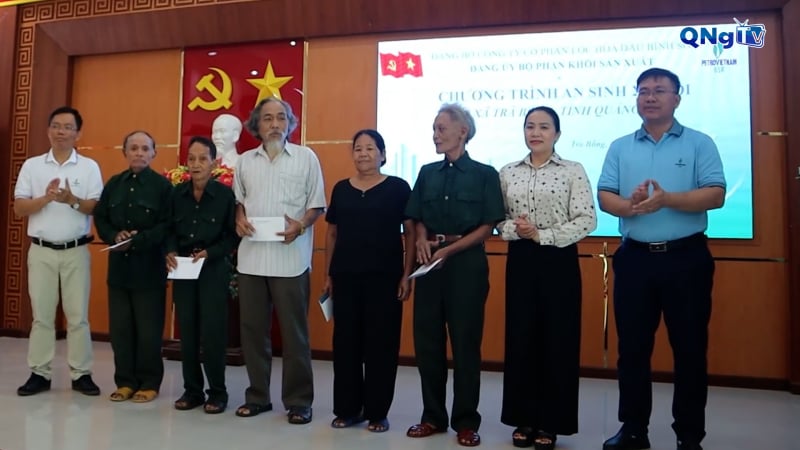

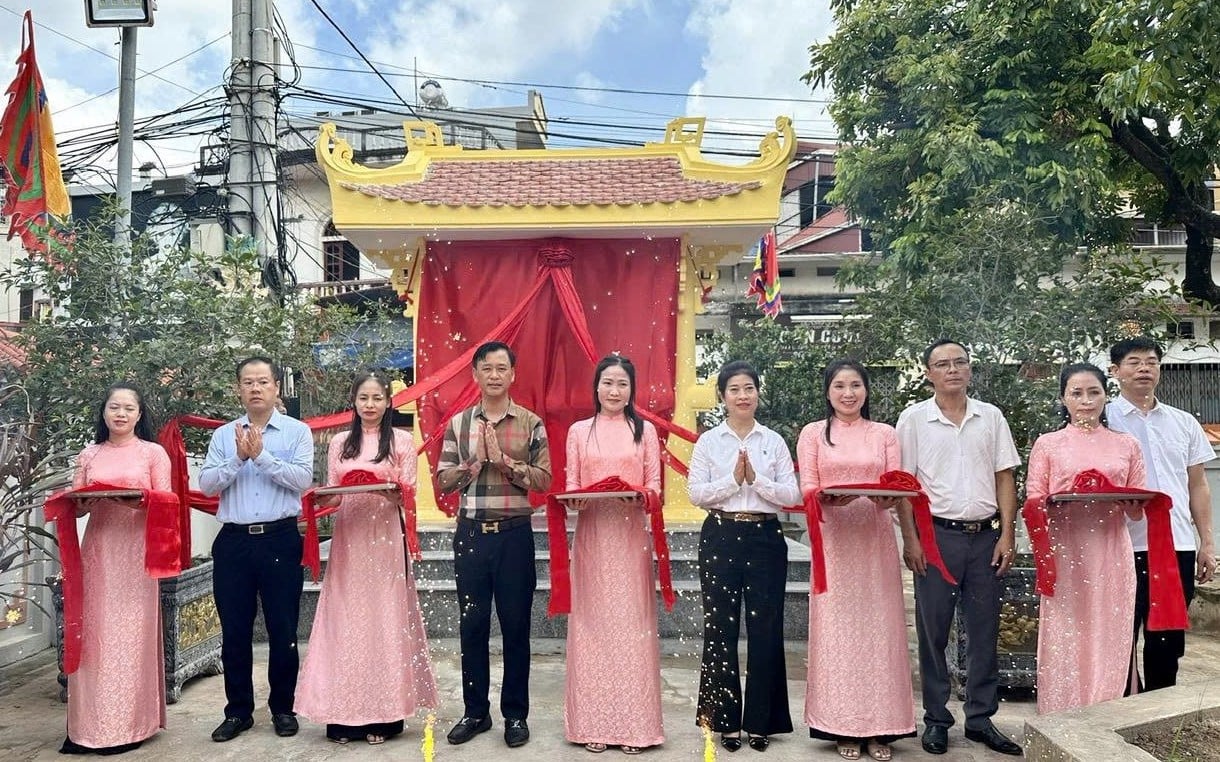














Comment (0)